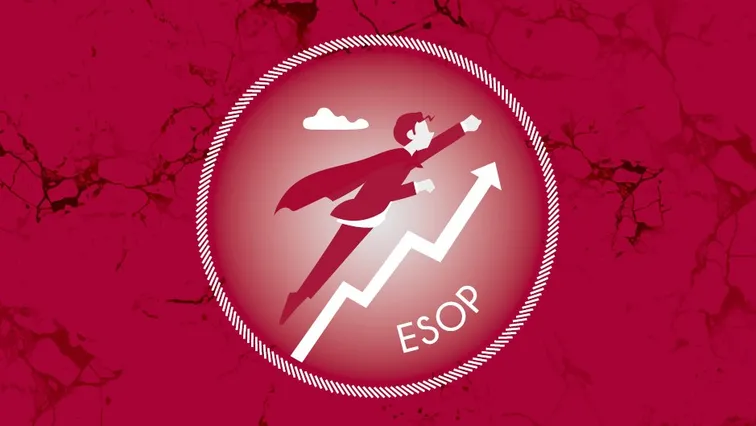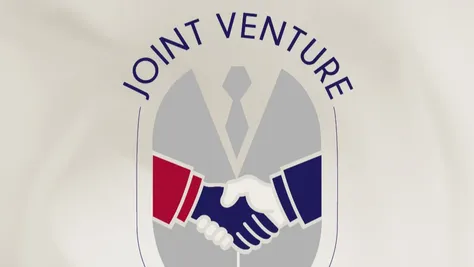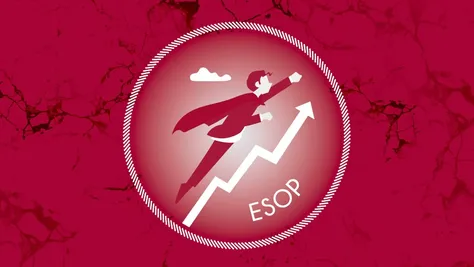Incorporators, like anyone else, may perceive ESOPs to be overwhelming, complicated, and intricate, even though this need not be the case. At the same time, more than anyone else, incorporators may be concerned about giving up part of their business to managers and about the perceived loss of control over it. However, this risk does not have to apply at all if the choice of ESOP is done correctly.
In previous episodes, we have debunked the myth that ESOP is allegedly too complex. We have specifically focused on how ESOP can be approached in relation to managers so that it is understandable and clear to them and can perform the motivational functions that founders typically implement it for. In this episode we will take a look at ESOP from the incorporator’s (shareholder’s) perspective and allay any concerns that incorporators may have about ESOPs.
Intricacy and loss of control as main concerns
We have already discussed how ESOP can seem too complex for managers, i.e. those who are supposed to participate in it. However, the misconception of complexity of the ESOP may often also affect the incorporators (shareholders). Moreover, in some cases, they give up part of their influence and control in the company, which they share with selected managers.
In particular, if incorporators have no previous experience with ESOP, it may arouse some distrust on their part and they may eventually abandon its implementation because they fear losing their influence in the company that they have been building up for years. But this need not be the case at all.
As we stated before, ESOPs can take many forms. In principle, it is therefore not necessary to choose an option that would result in the managers acquiring a direct ownership interest. Although this particular option can also be treated in such a way that the incorporator’s interests are protected, it is also possible to choose from other types of ESOPs that do not involve the manager’s equity participation in the company. Such alternatives only approximate the transfer of part of the equity interest to varying degrees (for example, various types of securities), and are implemented directly in the service agreements through sufficiently well-established mechanisms.
The abundance of types and alternatives of ESOPs can indeed seem overwhelming, but the advantage is that each incorporator can choose the one that suits them best and that best fits the type of company in which the ESOP is to be implemented.
Since we at HAVEL & PARTNERS have many years of experience with ESOPs, we can not only advise on which solution is most suitable for incorporators with regard to their motivation and interests (i.e. whether a simple solution will suffice by merely modifying the service agreement to incorporate phantom shares, or whether another solution should be chosen in the form of debt or equity securities), but we can tailor the chosen option to meet the incorporators’ needs and reflect their concerns.
At the same time, we do not limit ourselves to legal advice, but we can also choose a suitable solution with regard to tax implications. We can also provide support in the field of economics and accounting, where we draw on our years of experience and the experience of our clients for whom we have prepared specific ESOPs.
As a result, incorporators can choose the solution that is closest to their heart and be assured that they do not have to give up any control over the company, or only to the extent that they are comfortable with, while at the same time enjoying the many benefits that an ESOP brings.
Communication is the key
We believe that, especially in the beginning, the number of options offered by ESOPs can seem overwhelming. However, we at HAVEL & PARTNERS can introduce and explain all the possible options to you, as well as present their main advantages or disadvantages. We will support you in choosing the right solution.
We are also well aware that the selection of an ESOP is not the end of the process, which is why we not only provide you with an explanation of all the necessary context before its implementation, but we also provide the necessary advice to those involved during the ESOP’s “lifetime”. Based on our experience, we know that a proper understanding of ESOP is crucial to its effective functioning in order to maximise its benefits to the company.
This is why we make sure we are always there for you when you need an ESOP explained – both to managers, who are supposed to implement it, as well as to the incorporators. In the event of any uncertainties and problems, we pride ourselves on flexible communication and providing meaningful advice to the maximum satisfaction of our clients.










